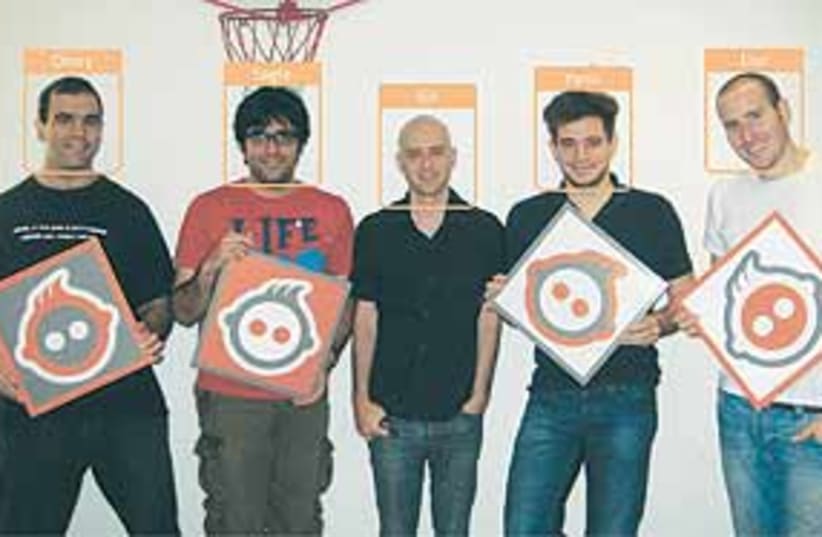Techonomy will take place on May 4 atYES Planet in the Ayalon Mall, Ramat Gan. Check outtechonomy2010.eventbrite.com for details.
Where hi-tech startups meet the economy
It’s not just about the technology, it’s also about the business plan.

Techonomy will take place on May 4 atYES Planet in the Ayalon Mall, Ramat Gan. Check outtechonomy2010.eventbrite.com for details.